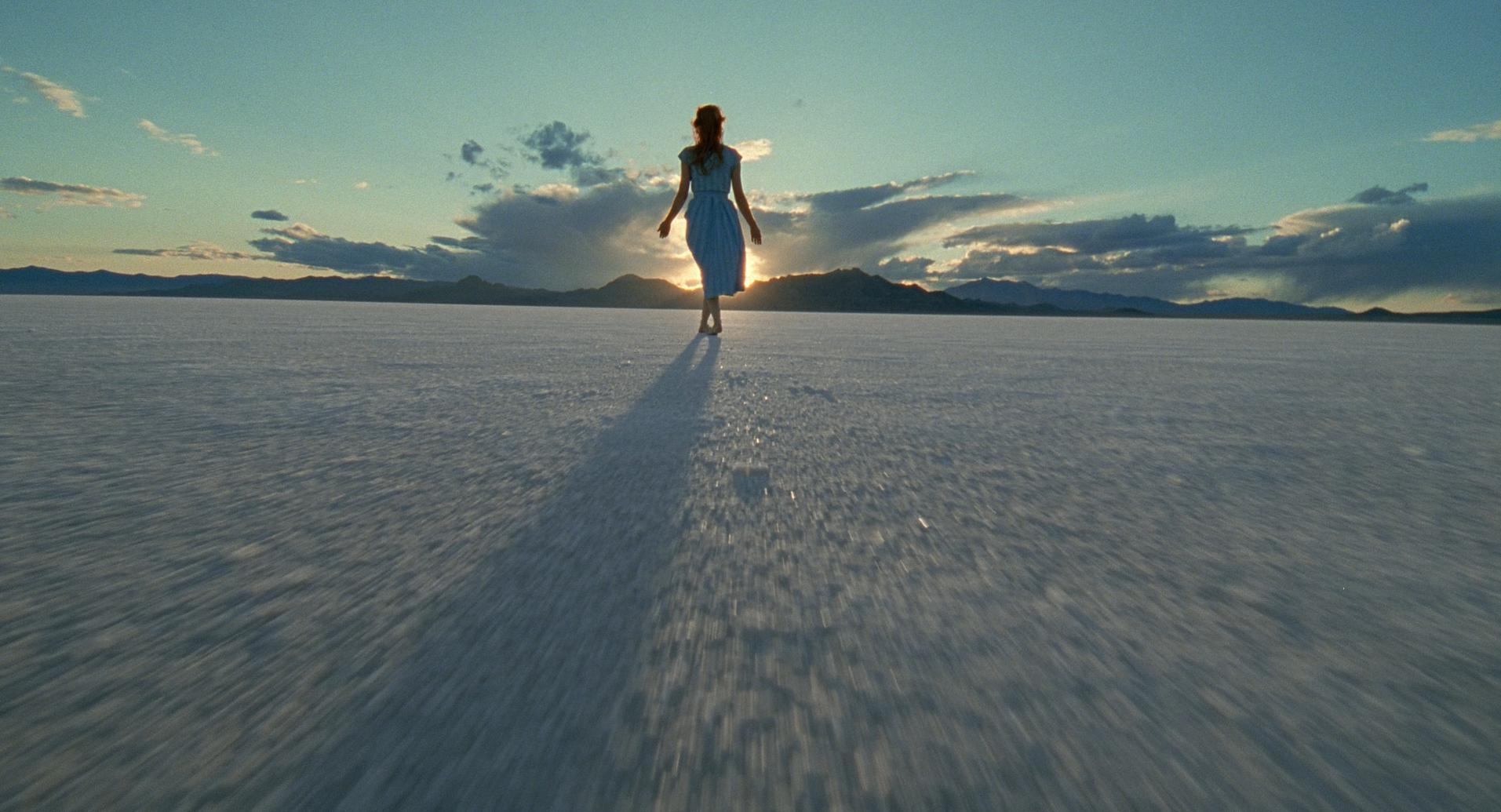The Best Films of the Decade: #4: The Tree of Life (2011)

The old decade is gone, and 2020 is upon us. Still, I persist in my journey through the best films of the decade. So, this week, my top ten.

At the end of 2011, I placed Terrence Malick’s The Tree of Life at the top of my year’s 10 best list without a second thought, and I have generally been singing its praises ever since. So, today I am ashamed to admit that even with all of the accolades that I have bestowed upon it, I haven’t revisited the film since. Maybe that comes out of some nervousness. The Tree of Life was such a rich, unique experience that perhaps I’ve been afraid of dulling the experience on a revisit. Perhaps I thought that maybe it wouldn’t enrapture me as it had 9 years ago.
Well, in the process of cobbling this list together, I felt that perhaps the time had come. Maybe it was time to go back to Malick’s splendiferous well of dreamy art-for-art’s-sake and see if it moved me just as much the second time around. I am happy to report that, yes, I had the same experience this time and I am happy to regard the film as one of the best of the decade.
I retain much the same enthusiasm. Back in 2011, I called it “a beautifully made elegy to the soul of humanity.” That’s still true. Its structure is something to behold, beginning with a run-through of the history and evolution of universe from the big bang through the age of the dinosaur and then shrinks it down to the memories of a boy growing up in Texas whose entire universe seemed to end at the edge of his driveway.
Malick encompasses both of these elements into a poetic film that is not always easily understood, but is never-the-less moving and very entertaining. It is seen through the eyes of an architect named Jack (Sean Penn) who looks back over his years growing up in Texas in the 1950s. The movie follows him from the moment that he comes into the world up until he is about to enter his preteen years. We watch him from the moment of his infancy, through toddlerhood and up through the beginnings of his understandings of the world around him. Into that world also come two brothers, one of whom will eventually perish, making his story all the more poignant.
Unlike the opening of the film, which shows the expanse and colossal landscape of the universe, Jack’s world is very small and is headed by two authority figures that are his entire world. One is his father (Brad Pitt), a stern and sometimes abusive disciplinarian. The other is his mother (Jessica Chastain), a graceful, angelic figure who is an enabler to her husband and an emotional cushion to her put-upon sons.
The movie sees Jack’s emerging understanding of the world, but there is no firm narrative. This is a series of memories from Jack’s childhood and they don’t flow like a typical film. He remembers the dinner table. He remembers following a girl home from school. He remembers his brothers running to the edge of the yard when daddy came home from a business trip. Yet, the movie leaves a lot of things open. It doesn’t point to the highlights, but rather lets us fill in the blanks.
What is most effective about The Tree of Life is the way it remembers specific details of childhood just in the backgrounds and the foregrounds. It remembers fireflies, wind chimes, a birdbath, grass on the front lawn. It remembers the decay of the siding on the house and dad’s garden out back being eaten away by insects. It remembers boys rolling on the grass in their Sunday clothes. It remembers kids being at the cemetery and playing on the headstones. It remembers stalking around in the woods with the pellet gun and making mom squirm when you brought a reptile into the house.Those details are so beautifully observed and observed in a way that no other film in my memory has done. Yet, it also remembers the growing realization that the two strongest forces in our childhood universe – mom and dad – are human beings who are loving but flawed. This is all seen but never explained. Malick purposely leaves much of the film unexplained, leaving us with deep discussions afterwards.
The Tree of Life is not for everyone. It is, at times, baffling and other times just plain incomprehensible. I like that about it, I like that it leaves me with something to discover. Not since Stanley Kubrick’s 2001: A Space Odyssey has there been a film that considers how minuscule we are on this planet in relation to the rest of our cosmos. I am going to become a student of this film, just as I have been with “2001”, watching it again and again and trying to unlock its vast and baffling mysteries. Here is a film the considers the enormity of our universe and relates it to the tiny spaces in our memories. What a wonderful movie.








